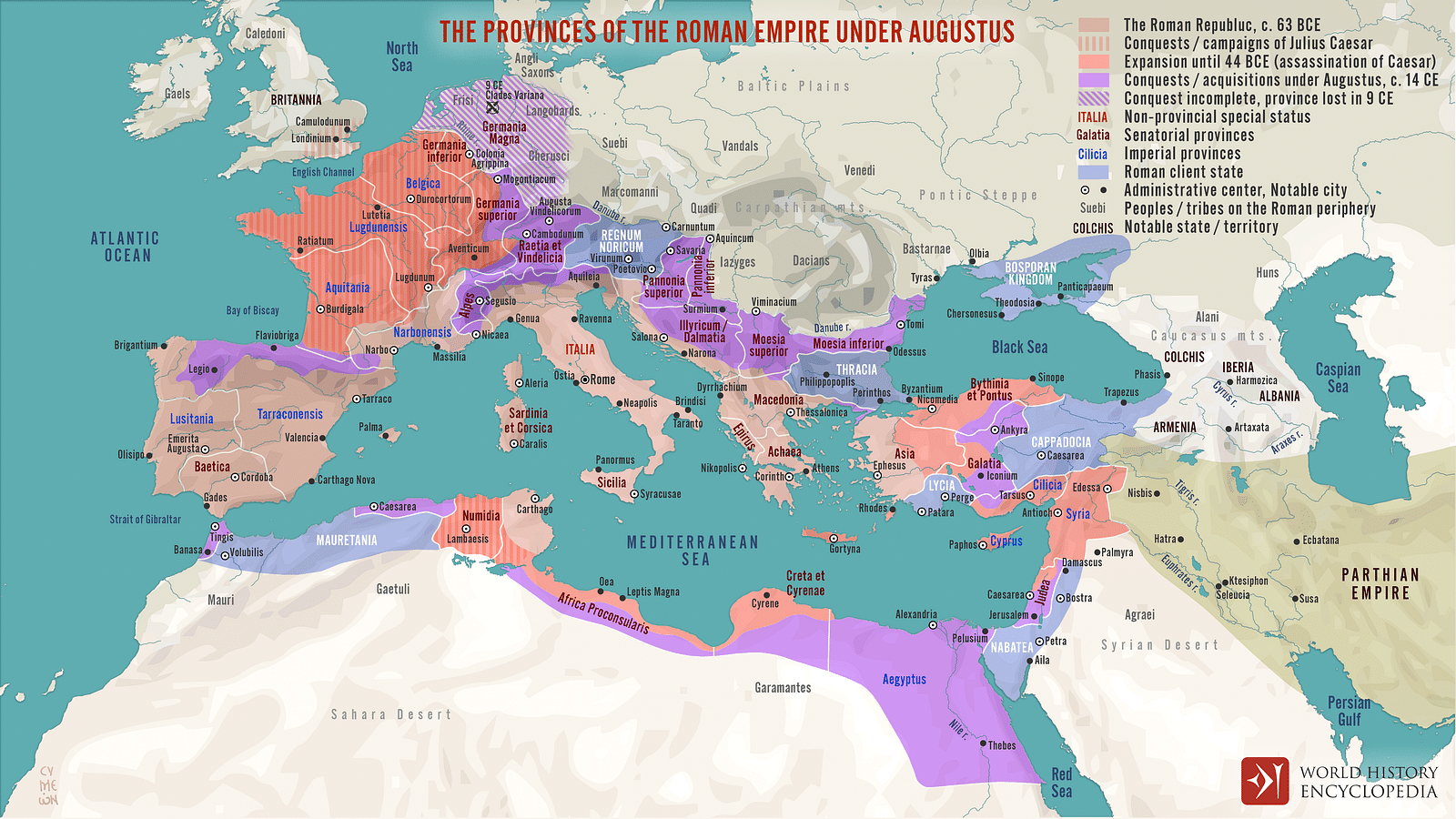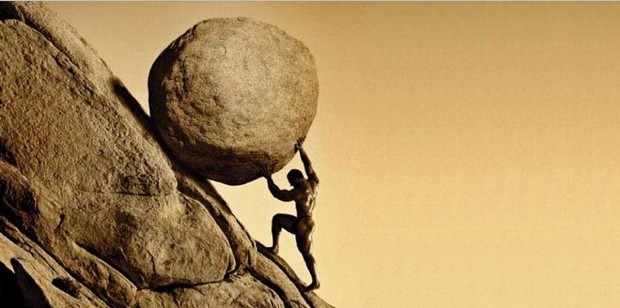The Roman Empire
Few empires in history have captured the imagination and left the lasting impact of the Roman Empire. Its story, spanning centuries and continents, is an epic saga of conquest, innovation, and cultural richness. From its humble beginnings as a city-state on the Tiber River to its vast dominion stretching from Britain to Egypt, the Roman Empire's history is a tapestry woven with threads of political intrigue, military might, and artistic brilliance.

From Republic to Empire: The Seeds of Change

The story of the Roman Empire begins not with emperors, but with a republic. Founded in 509 BC, the Roman Republic was a complex political system where power was shared between the Senate, the elected consuls, and the popular assemblies. This period saw Rome's rise to prominence, fueled by a combination of shrewd diplomacy, military prowess, and a talent for assimilation. Through conquest and strategic alliances, Rome steadily expanded its territory, incorporating Greek city-states, defeating rivals like Carthage, and establishing itself as the dominant power in the Mediterranean.
However, the Republic's later years were plagued by internal strife and social unrest. Growing wealth inequality, political corruption, and the ambitions of powerful generals like Julius Caesar plunged Rome into a series of civil wars. Caesar's victory in 49 BC marked a turning point, paving the way for the end of the Republic and the rise of the Roman Empire.
The Golden Age: Pax Romana and Imperial Grandeur
Following Caesar's assassination, his adopted son Octavian emerged victorious in a power struggle against his rivals. In 27 BC, he established himself as the first Roman emperor, taking the name Augustus. Under Augustus and his successors, the Roman Empire entered a golden age known as the Pax Romana ("Roman Peace"). This period of relative stability and prosperity lasted for nearly two centuries, marked by territorial expansion, economic growth, and a flourishing of art, literature, and architecture.
The emperors of the Pax Romana oversaw the construction of iconic landmarks like the Colosseum and the Pantheon, the development of legal systems like Roman law, and the spread of Roman culture throughout the vast empire. Cities like Pompeii and Herculaneum thrived, showcasing the empire's wealth and sophistication. Trade flourished along the extensive network of Roman roads, and the Pax Romana fostered a sense of unity and shared identity among the diverse peoples of the empire.
Challenges and Transformations: Shifting Tides and the Empire's Evolution
Despite the glories of the Pax Romana, the Roman Empire was not without its challenges. External threats from barbarian tribes and internal pressures like political instability and economic woes gradually chipped away at the empire's strength. The 3rd century AD saw a period of crisis, marked by civil wars, plagues, and economic turmoil. The empire was forced to adapt, restructuring its administration and military to face new realities.
In 285 AD, Diocletian instituted a major administrative reform, dividing the empire into two halves - the Eastern Roman Empire (Byzantine Empire) and the Western Roman Empire. This division, while intended to improve governance, eventually contributed to the divergence of the empire's two halves.
The Fall of the Western Roman Empire and the End of an Era
The Western Roman Empire faced increasing pressure from barbarian tribes on its borders. In 476 AD, the Germanic chieftain Odoacer deposed the last Western Roman emperor, Romulus Augustulus, marking the symbolic end of the Western Roman Empire. While the Eastern Roman Empire, with its capital in Constantinople, would continue for another thousand years, the fall of the Western Roman Empire is often seen as a watershed moment in history, signifying the end of the ancient world and the beginning of the Middle Ages.

https://www.history.com/news/8-reasons-why-rome-fell
A Legacy that Endures: The Roman Empire's Lasting Impact
Despite its eventual demise, the Roman Empire's legacy is undeniable. Its legal system, language (Latin), architecture, and artistic achievements continue to influence Western civilization to this day. The concept of Roman citizenship, with its emphasis on rights and responsibilities, laid the foundation for modern notions of citizenship and democracy. Even in its decline, the Roman Empire played a crucial role in the transmission of Greco-Roman culture and knowledge to the emerging societies of Europe.
The history of the Roman Empire is a rich and complex tapestry, woven with threads of triumph and tragedy, innovation and adaptation. It is a story that continues to resonate with us today, offering valuable lessons about leadership, governance, and the enduring power of culture. As we explore the ruins of Roman cities, marvel at the Colosseum's grandeur, or study the intricacies of Roman law, we are reminded of the profound impact this ancient empire has had on the world we live in.
Hope you have liked it for more:
https://en.wikipedia.org/wiki/Roman_Empire
https://www.britannica.com/place/Roman-Empire






















































![[LIVE] Engage2Earn: auspol follower rush](https://cdn.bulbapp.io/frontend/images/c1a761de-5ce9-4e9b-b5b3-dc009e60bfa8/1)




